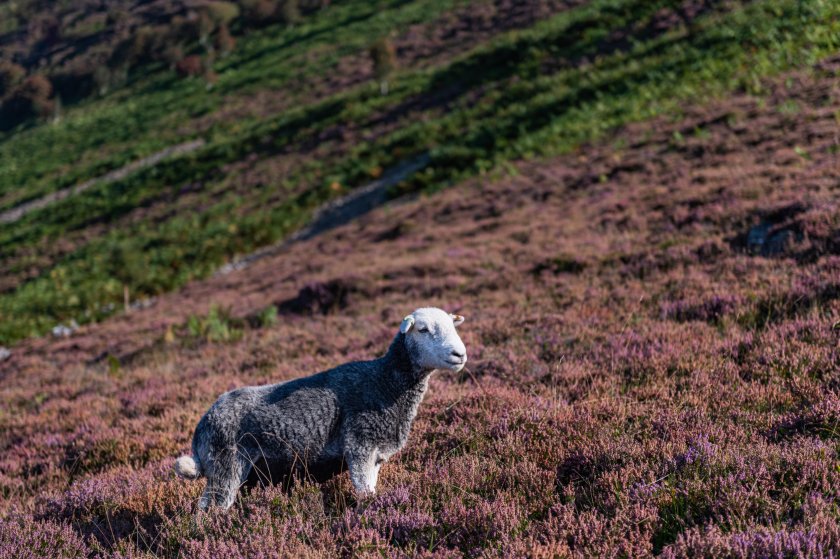
Defra should refocus payments to help unprofitable upland farms who will struggle to benefit from post-Brexit opportunities, a thinktank says.
Researchers at Green Alliance argue that the government’s Environmental Land Management Scheme (ELM) is proving 'unfair and inefficient'.
They say small-scale payments for green initiatives will reward large arable farms that already turn healthy profits without subsidies, whereas smaller farms in the uplands will struggle.
The report calls on the government to enhance its support for these farms by increasing the amounts paid for planting trees and restoring peatland.
It argues that increasing payments for carbon sequestration from £17-24 to £75 per tonne of CO2 would enable upland farms to restore their incomes to 2019 levels by planting woodland on half of their land.
For the UK to tackle climate change and boost nature, the thinktank says the government needs to increase payments for providing public goods.
Current payment rates 'disproportionately reward' large arable farms that turn a significant profit without any subsidy at all – and studies show the new system is not delivering on its environmental aims.
The report finds that all types of farms could become economically viable through a mix of agricultural income and nature-based payments – if the payments matched the value attached to climate change mitigation elsewhere in the economy.
This would mean paying more money for high impact land stewardship, such as restoring peat and new woodland, according to Green Alliance.
There is growing fear that insubstantial amounts for low impact interventions are failing to incentivise farmers to support the new schemes, and increasing support for reverting to the EU's CAP system.
Lydia Collas, senior policy analyst at Green Alliance, said farmers could be left with a post-Brexit scheme that 'neither restores nature nor supports family farms'.
"We need to act to avoid a system which ends up directing most of the money to the wealthiest farms – the reason ministers have criticised the old EU scheme," she said.
“If the government targeted public money towards nature restoration on smaller farms on more marginal land, tackling climate change and restoring nature would cost the taxpayer less and have a lower impact on producing food.
"We could move to a greener system while helping hard-working upland farmers stay afloat.”
